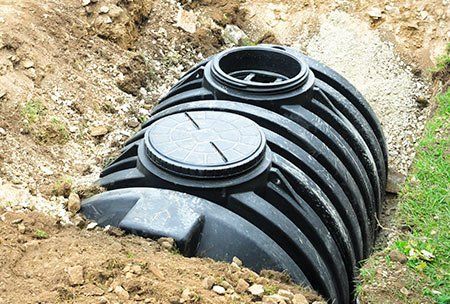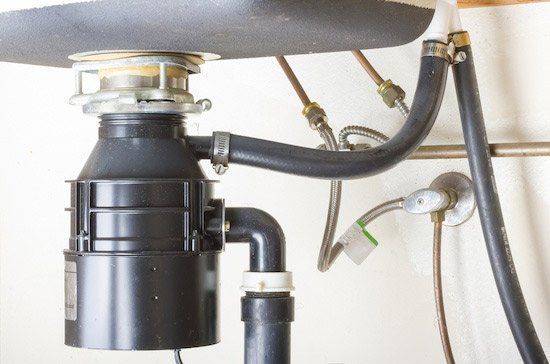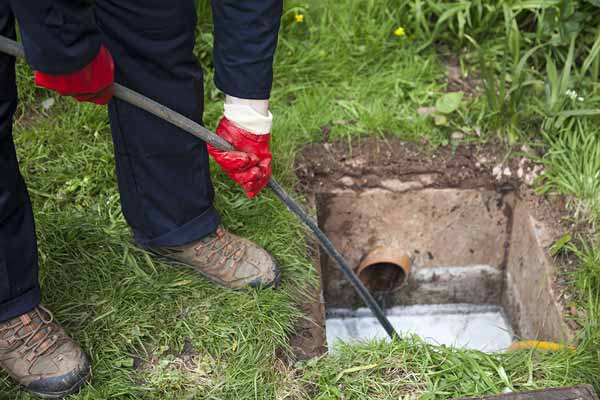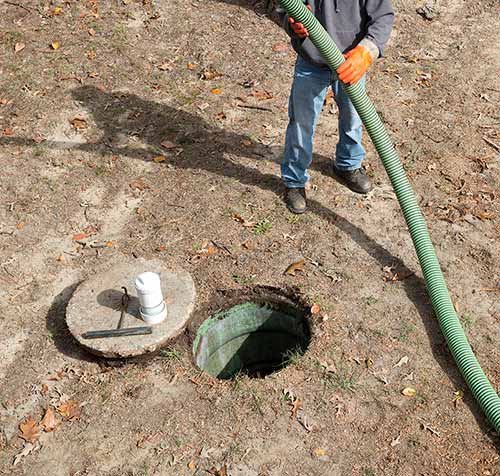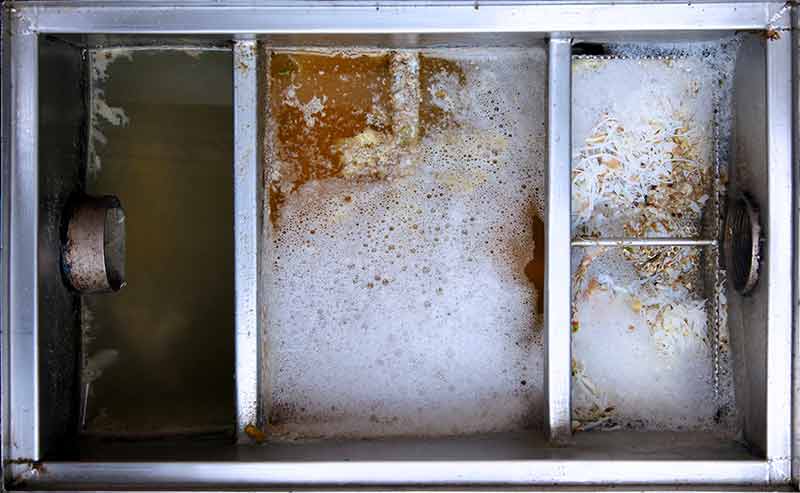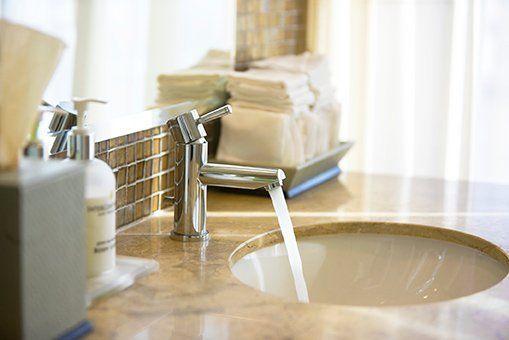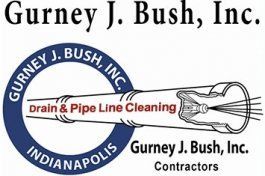Septic Emergencies and How to Handle Them
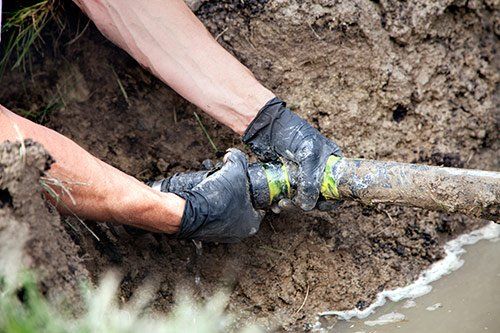
On average, septic systems should be checked and pumped every three years, but it doesn’t always happen. Septic systems also rely on bacteria to organically break down waste material. Adding chemicals or non-organic material to the tank can kill the necessary bacteria for a healthy system. The result can lead to many homeowners’ worst nightmare.
How to Know Your Septic System is Backing Up
You can usually follow your nose if you suspect something has run afoul, but just in case you need further evidence, look for the following issues:
- Toilets, showers and sinks draining noticeably slower than usual
- Unpleasant black liquid in your toilets
- Wastewater puddling on the ground in your yard, especially by your septic mound
- Unusually green grass around your septic mound
What to Do in a Septic Emergency
There are really only two options when your septic system backs up. The first, simply never use your plumbing in any way, ever again. The second (and only realistic solution), call a septic system specialist immediately! Most septic services offer 24-hour emergency service. If you notice any of the signs above, do not put it off until the morning. Make the call right away.
Taking Preventative Measures
The best way to handle a septic back up is to prevent it in the first place. Septic systems are green, environmentally friendly waste management systems, but that means that anything you put in your pipes goes straight into your septic system.
Things to avoid putting into your septic system:
- Household cleaners (especially chemical drain cleaner)
- Large quantities of solids (use garbage disposals sparingly)
- No paint thinners or other hazardous materials like gasoline
- Grease, bacon fat, etc.
For more information about how to prevent a backup, or what to do in the case of a septic emergency, contact Gurney J. Busch, Inc. in Indianapolis, Indiana, today.
